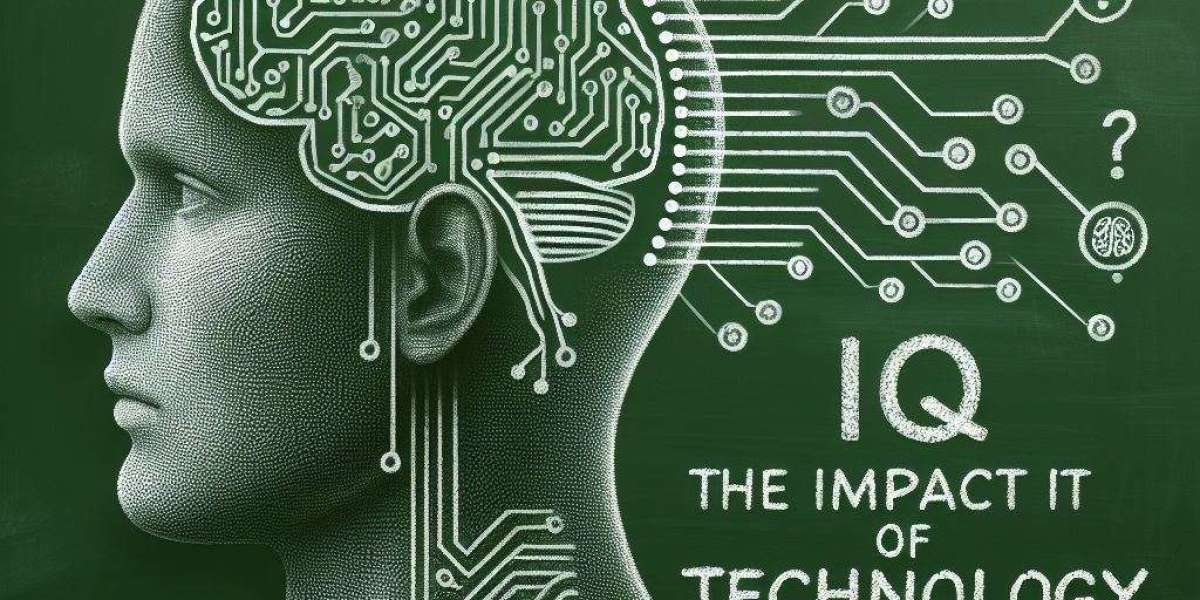The integration of technology into IQ assessments has transformed the way intelligence is measured, prompting discussions about its implications, advantages, and potential drawbacks.
Evolution of IQ Testing
IQ testing has a rich history, evolving from early standardized tests to more sophisticated digital assessments. With the advent of technology, traditional pen-and-paper tests have given way to computerized evaluations, enabling a broader range of capabilities in assessing cognitive abilities. The shift from analogue to digital formats has significantly impacted the accessibility, accuracy, and scope of IQ testing.
Accessibility and Reach
One of the most notable impacts of technology on IQ testing is its enhanced accessibility. Digital platforms have democratized access to assessments, allowing individuals from diverse backgrounds and geographical locations to partake in these evaluations. This inclusivity fosters a more comprehensive understanding of intelligence across varied demographics, transcending geographical barriers.
Precision and Adaptability
Technology has revolutionized the precision and adaptability of IQ assessments. Advanced algorithms and machine learning algorithms have enabled tests to dynamically adapt to an individual's responses, tailoring the difficulty level based on real-time performance. This adaptive approach ensures a more accurate measurement of cognitive abilities, providing nuanced insights into an individual's strengths and areas for improvement.
Challenges and Ethical Considerations
Despite its advancements, the integration of technology in IQ testing poses certain challenges and ethical considerations. Issues regarding data privacy, algorithmic biases, and equitable access to technology remain pertinent. Ensuring the fairness and reliability of assessments in the digital landscape requires vigilant oversight and continuous refinement of testing methodologies.
Future Directions
Looking ahead, the future of IQ testing is poised for further innovation and integration of technology. Augmented reality, artificial intelligence, and neuroimaging techniques hold the promise of refining assessments, offering a deeper understanding of human intelligence. However, ethical frameworks must evolve in tandem to address the evolving complexities of technology-driven evaluations.
In conclusion, the impact of technology on IQ testing has been profound, ushering in an era of accessibility, precision, and evolving methodologies. As technology continues to evolve, its role in shaping the landscape of intelligence assessment will persist. Balancing technological advancements with ethical considerations remains pivotal in ensuring equitable, reliable, and insightful IQ evaluations for generations to come.


